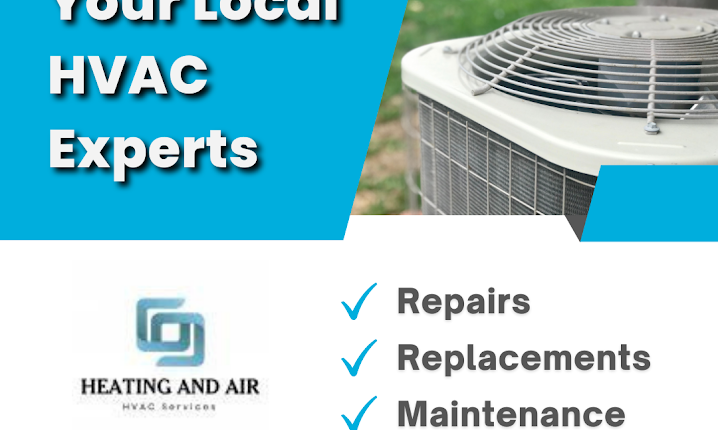
Gas leaks within HVAC (Heating, Ventilation, and Air Conditioning) systems pose a significant safety risk to homeowners. The potential for gas leaks, especially in systems that utilize natural gas or propane for heating, underscores the importance of proper installation, maintenance, and vigilant monitoring. In this article, we explore the causes of gas leaks, methods of detection, safety measures, and the critical role of professional intervention to ensure a secure living environment.
The Causes of Gas Leaks
- Improper Installation:
HVAC systems that are improperly installed, especially those with gas lines or connections, can lead to leaks over time. - Aging Components:
Over the years, wear and tear on pipes, fittings, valves, and seals can result in leaks within the gas supply system. - Corrosion and Rust:
Corrosion caused by exposure to moisture and other environmental factors can weaken pipes and fittings, leading to gas leaks. - Vibration and Movement:
Vibration from HVAC equipment or other sources, as well as movement due to settling or structural changes, can compromise gas connections.
Detecting Gas Leaks
- Smell:
Natural gas has a distinctive odor, often described as “rotten eggs.” If you detect this smell, it’s a strong indicator of a gas leak. - Hissing Sounds:
A hissing or hissing-like noise near gas lines, connections, or HVAC equipment may suggest a gas leak. - Visible Damage:
Inspect gas lines, fittings, valves, and connections for signs of corrosion, rust, or physical damage. - Electronic Gas Detectors:
Install carbon monoxide and natural gas detectors near HVAC systems and gas appliances. These detectors can alert you to gas leaks before they become hazardous.
Safety Measures and Actions
- Evacuation:
If you suspect a gas leak, immediately evacuate the premises and move to a safe location outdoors. Do not use electrical switches or lighters, as they can trigger a spark. - Open Windows and Doors:
If it’s safe to do so, open windows and doors to ventilate the area and allow the gas to dissipate. - Avoid Open Flames:
Do not use matches, lighters, or any devices that could create sparks until the source of the gas leak is identified and resolved. - Turn Off Gas Supply:
If you know how to do so safely, turn off the gas supply to your home at the main shut-off valve.
Professional Intervention
- Gas Leak Detection:
If you suspect a gas leak but cannot identify the source, contact a professional HVAC technician or gas company for inspection. - Gas Line Repair:
Gas line repair and replacement should only be performed by licensed professionals with expertise in handling gas systems. - Regular Maintenance:
Schedule regular HVAC maintenance to ensure that gas lines, fittings, and connections are inspected for potential leaks.
Conclusion
Gas leaks in HVAC systems are serious safety hazards that demand immediate attention. By understanding the causes of gas leaks, recognizing the signs of a leak, and taking appropriate safety measures, homeowners can protect their families and property. Regular maintenance and professional intervention are essential to ensure the proper installation, function, and safety of gas components within HVAC systems. If you suspect a gas leak, prioritize your safety by evacuating the premises and contacting qualified professionals for immediate assistance.


Recent Comments